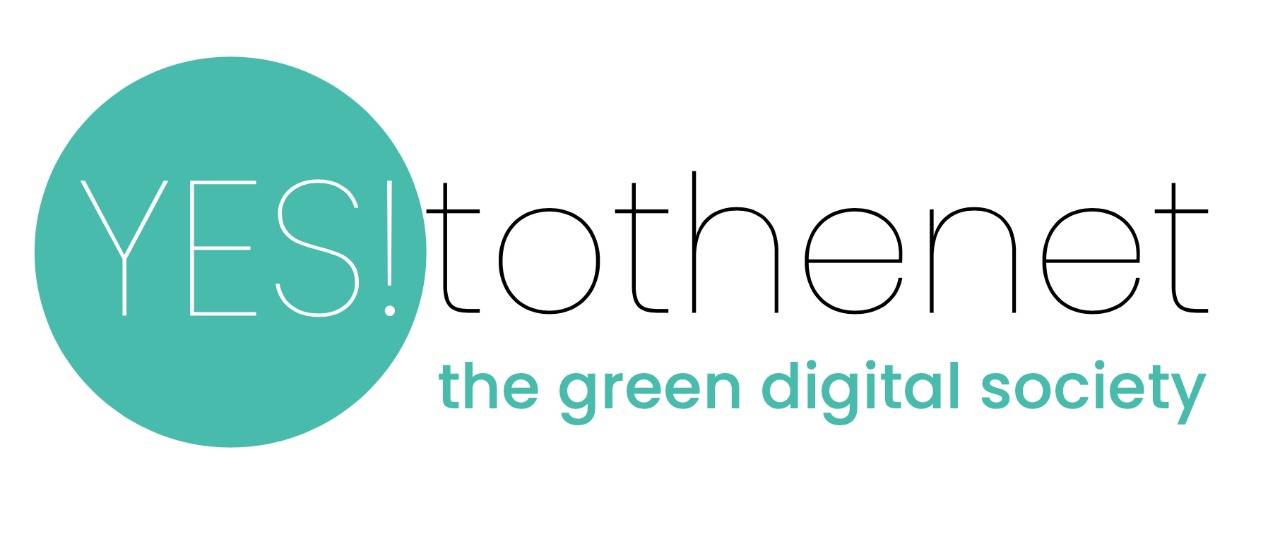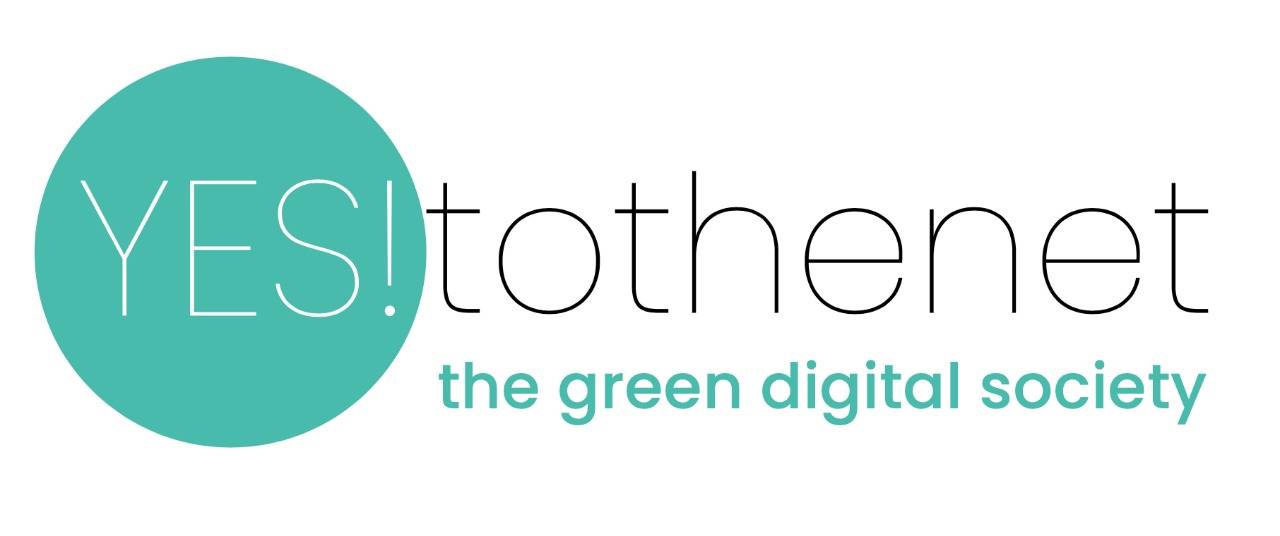Social Media Strategies
Mastering Social Media Strategies: Maximizing Your Impact in the Digital World
In today's ever-changing digital landscape, social media plays a crucial role. They are no longer limited to being mere communication platforms, but have become essential elements of marketing strategy and communication for businesses of all sizes.
Social media provides an invaluable platform for engaging with potential customers, building brand awareness, and significantly boosting engagement. Its impact extends far beyond simple online visibility, now directly influencing brand perception and consumer purchasing behavior.
In this blog, we will dive into the importance of community management in today's digital world. We'll also explore in detail the best strategies to optimize your presence on these platforms, helping you achieve your business goals and stand out in a constantly evolving environment. Get ready to discover how to fully harness the potential of social media to propel your business to success.
Why Social Media Strategies Are Crucial for Businesses
Social media is no longer simply a platform for online socializing. It has become an essential pillar of a company's communication and marketing strategy. Let's explore in detail why these strategies are so crucial:
Impact on brand awareness and online visibility
Social media provides a global showcase for brands, allowing them to showcase their products, services, and brand identity to a potentially global audience. By cultivating an active and engaging presence on relevant social platforms, businesses can significantly increase their online awareness and visibility.
Engagement and interaction with the target audience
Social media is a direct and instant way to interact with your target audience. By sharing relevant content, responding to comments and messages, and participating in conversations, businesses can build authentic relationships with their audience. This engagement fosters brand loyalty and encourages participation, thereby strengthening customer relationships.
Influence on traffic to the website and conversions
An effective social media strategy can lead to a increased traffic to the company's website. By directing users to relevant content and special offers, social media can play a key role in the conversion process. Additionally, by tracking performance and adjusting tactics based on data, businesses can optimize their strategy to maximize conversions.
Analysis of major social media platforms
Social media is an essential communication channel for businesses looking to establish a strong online presence. However, each platform has its own unique characteristics, specific target audiences, and best practices. In this analysis, we'll take a detailed look at the main social media platforms and the types of content best suited to each.
Description : With over 2.8 billion monthly active users, Facebook remains the most popular social media platform in the world. It offers a multitude of features, including content publishing, advertising, groups, and events.
Target audience: Facebook is used by a wide range of people, with a predominance among adults of all ages. It's an ideal platform for targeting diverse audiences, especially for B2C businesses.
Suitable content types: Videos, images, and long-form posts are popular on Facebook. Businesses can also leverage features like Stories and Live to increase engagement.
Description : Twitter is distinguished by its short messages of up to 280 characters, called "tweets." It is widely used for real-time news, discussions, and quick interactions.
Target audience: Twitter primarily attracts young adults and professionals looking for quick information and relevant discussions. B2B companies often find significant value on this platform.
Suitable content types: Short, punchy tweets, conversation threads, short videos, and GIFs are effective on Twitter. Direct engagement with followers is also essential.
Description : Instagram is a photo and video sharing platform known for its visual aesthetic, highly visual content, and features like Stories and Reels.
Target audience: Instagram primarily attracts a younger audience, with a strong representation of millennials and Generation Z. Visually-driven businesses, such as those in the fashion, travel, and beauty industries, often find success on the platform.
Suitable content types: High-quality images and videos, creative Stories, and collaborations with influencers are effective on Instagram. Aesthetic consistency is also important to maintain engagement.
Description : LinkedIn is a professional platform focused on networking and career development. It is widely used for sharing professional content, job searching, and lead generation.
Target audience: LinkedIn primarily attracts professionals and decision-makers, as well as students and job seekers. It's a must-see platform for B2B companies and professionals looking to establish their authority in their field.
Suitable content types: Long-form articles, professional status posts, educational videos, and slide presentations are all effective on LinkedIn. Networking and interacting with other community members are also essential for success on this platform.
By understanding the specifics of each social platform and tailoring your content accordingly, you can maximize the impact of your social media strategy and effectively reach your target audience.
Top Tips for an Effective Social Media Strategy
Social media offers enormous potential for businesses, but to make the most of it, a well-thought-out strategy is essential. Here are some key tips for developing an effective social media strategy:
1. Create an editorial calendar for consistency in publication
Consistency is key to social media success. An editorial calendar allows you to plan your content in advance, taking into account special events, promotions, and industry trends. This ensures your social media presence remains active and engaging, while allowing you to maintain a regular posting schedule.
2. Use of attractive visual content (images, videos, infographics)
Visual content tends to generate more engagement on social media than simple text. By using impactful images, captivating videos, and informative infographics, you can grab your audience's attention and encourage sharing of your content. Make sure your visuals are high-quality and reflect your brand identity.
3. Engage and interact with the community
Social media is, above all, a social platform, which means interacting with your audience is essential. Respond to comments, mention users in your posts, ask questions, and encourage discussion. By showing that you're listening and value your community's opinions, you strengthen your relationship with your followers and encourage engagement.
4. Using paid advertising to increase reach and visibility
Social media algorithms often limit the organic reach of your posts, but paid advertising allows you to bypass these limitations and reach a wider, more specific audience. Whether through targeted ads, sponsored promotions, or influencer campaigns, investing in paid advertising can increase your brand's visibility and generate measurable results.
By following these tips and tailoring your strategy to the specific needs of your business and target audience, you will be able to maximize the effectiveness of your social media presence and successfully achieve your business goals.
Measure and analyze results on social networks
One of the most powerful features of social media is its ability to provide valuable data on the performance of your marketing efforts. Measuring and analyzing these results allows you to understand what's working well and what needs improvement. Here are some tips for effectively measuring and analyzing social media results:
- Social media performance tracking and analysis tools
To measure and analyze your social media results, you'll need specialized tools. Fortunately, many social media platforms offer built-in tools to track the performance of your posts. Third-party tools like Google Analytics, Hootsuite, Buffer, and Sprout Social can also provide more detailed data on engagement, reach, and conversions.
- Metrics to monitor: engagement, reach, clicks, conversions
To assess the effectiveness of your social media strategy, it is important to monitor several key metrics:
- Commitment : Measure the number of likes, comments, shares, and mentions to assess your audience's engagement with your content.
- Scope : Track the number of people who viewed your content to assess the visibility of your posts.
- Clicks: Measure the number of clicks on your links to assess how effective your content is in driving traffic to your website or other destinations.
- Conversions: Track specific actions users take after viewing your content, such as newsletter signups, content downloads, or purchases, to assess the direct impact of your efforts on business goals.
- Using data to adjust and improve strategy
Once you've collected data on the performance of your social media efforts, use this information to adjust and improve your strategy. Identify what's working well and what's not, and use these insights to refine your approach. For example, if you find that videos generate more engagement than images, focus more on creating video content. If you notice that morning posts get more engagement, adjust your posting schedule accordingly.
Measuring and analyzing social media results is essential to optimizing your strategy and maximizing your impact. By following these tips and using the right metrics, you'll be able to adjust your approach in real time to achieve significant results for your business.
Conclusion
Implementing effective social media strategies has become essential for businesses looking to thrive in today's digital world. To summarize, let's review the key points covered in this blog and encourage you to put them into practice to maximize your online presence.
If you need help developing and executing effective social media strategies, our team of digital communications experts is here to help. We offer a range of customized services to meet your business's unique needs, whether it's managing your social media accounts, content creation engaging or setting up effective advertising campaigns. Do not hesitate to contact our communications agency YES TO THE NET for additional help and to take your online presence to new heights.
In conclusion, social media offers immense potential for businesses, but it requires a strategic approach and diligent execution. By following the tips presented in this blog and seeking help from qualified professionals, you can fully harness the power of social media to grow your business and successfully achieve your goals.
Frequently Asked Questions
Defining an effective social media content strategy begins with a thorough understanding of your target audience and business goals. Here are some key steps to developing a successful content strategy:
- Know your audience: Analyze your target audience's demographics and behaviors to understand what interests them and how they interact on social media.
- Define your goals: Identify the specific goals you want to achieve with your content strategy, whether it's increasing engagement, generating leads, or increasing sales.
- Create an editorial calendar: Plan the content you'll publish in advance, taking into account special events, industry trends, and your audience's interests.
- Diversify content formats: Use a variety of content formats, such as images, videos, blog posts, and infographics, to keep your audience engaged and maximize engagement.
- Measure and adjust: Track the performance of your content on social media and use this data to adjust your strategy based on the results.
There are many tools available to help you schedule and manage your social media posts. Here are some of the best and most popular tools:
- Hootsuite: A social media management tool that allows you to schedule, publish and monitor your posts across multiple social platforms simultaneously.
- Buffer: Another social media management tool that allows you to plan and schedule posts across different social platforms, as well as track the performance of your content.
- Sprout Social: An advanced social media management tool that offers scheduling, performance tracking, message management and reporting features.
- Later: Designed specifically for Instagram, Later lets you plan and schedule posts, including Stories, as well as preview your Instagram grid in advance.
By using these tools, you can simplify the process of planning and managing your social media posts, allowing you to spend more time creating quality content and engaging with your audience.


